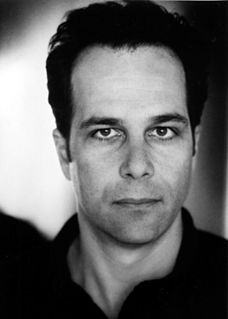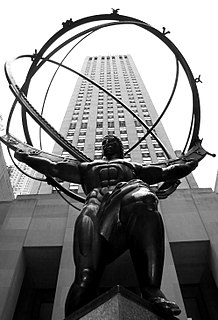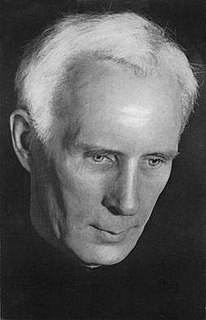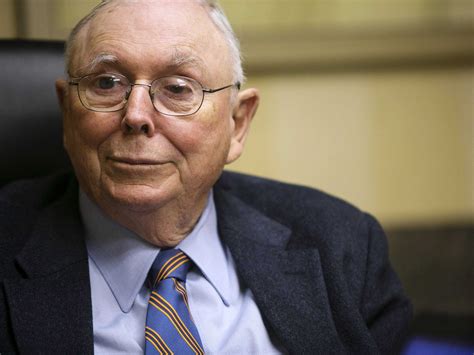A Quote by Mahatma Gandhi
We burn the evil men do with their mortal remains. We treasure the memory of the good they do, and distance magnifies it.
Related Quotes
The rifle itself has no moral stature, since it has no will of its own. Naturally, it may be used by evil men for evil purposes, but there are more good men than evil, and while the latter cannot be persuaded to the path of righteousness by propaganda, they can certainly be corrected by good men with rifles.
This is a world of good and evil. Wherever there is good, evil follows, but beyond and behind all these manifestations, all these contradictions, the Vedanta finds out that Unity. It says, "Give up what is evil and give up what is good." What remains then? Behind good and evil stands something which is yours, the real you, beyond every evil, and beyond every good too, and it is that which is manifesting itself as good and bad. Know that first, and then and then alone you will be a true optimist, and not before; for then you will be able to control everything.
For the first time in history, the rational and the good are fully armed in the battle against evil. Here we finally find the answer to our paradox; now we can understand the nature of the social power held by evil. Ultimately, the evil, the irrational, truly has no power. The evil men’s control of morality is transient; it lives on borrowed time made possible only by the errors of the good. In time, as more honest men grasp the truth, evil’s stranglehold will be easily broken.
When one has once accepted and absorbed Evil, it no longer demands the unfitness of the means. The ulterior motives with which youabsorb and assimilate Evil are not your own but those of Evil.... Evil is whatever distracts. Evil knows of the Good, but Good does not know of Evil. Knowledge of oneself is something only Evil has. One means that Evil has is the dialogue.... One cannot pay Evil in installments--and one always keeps on trying to.






































